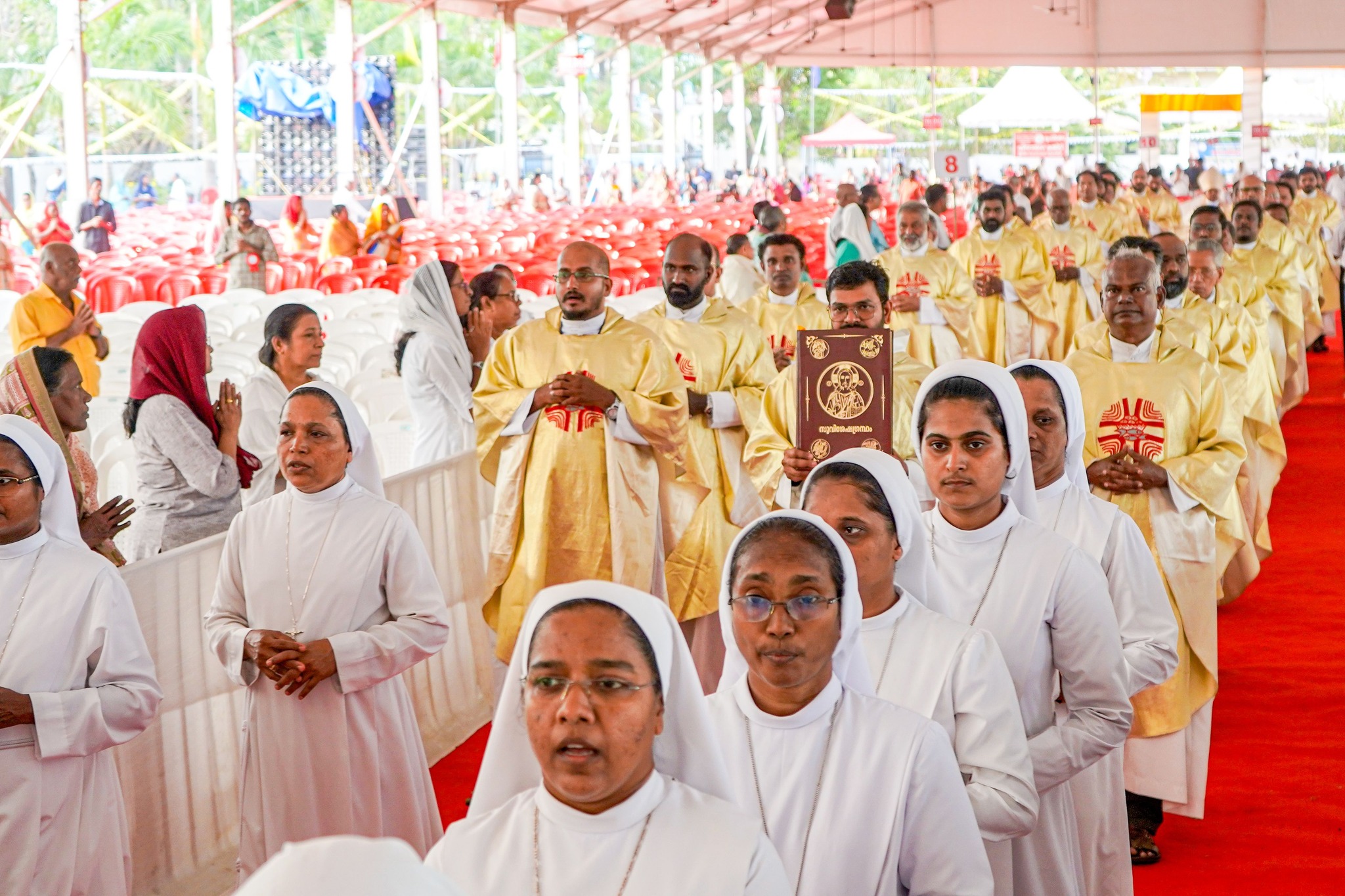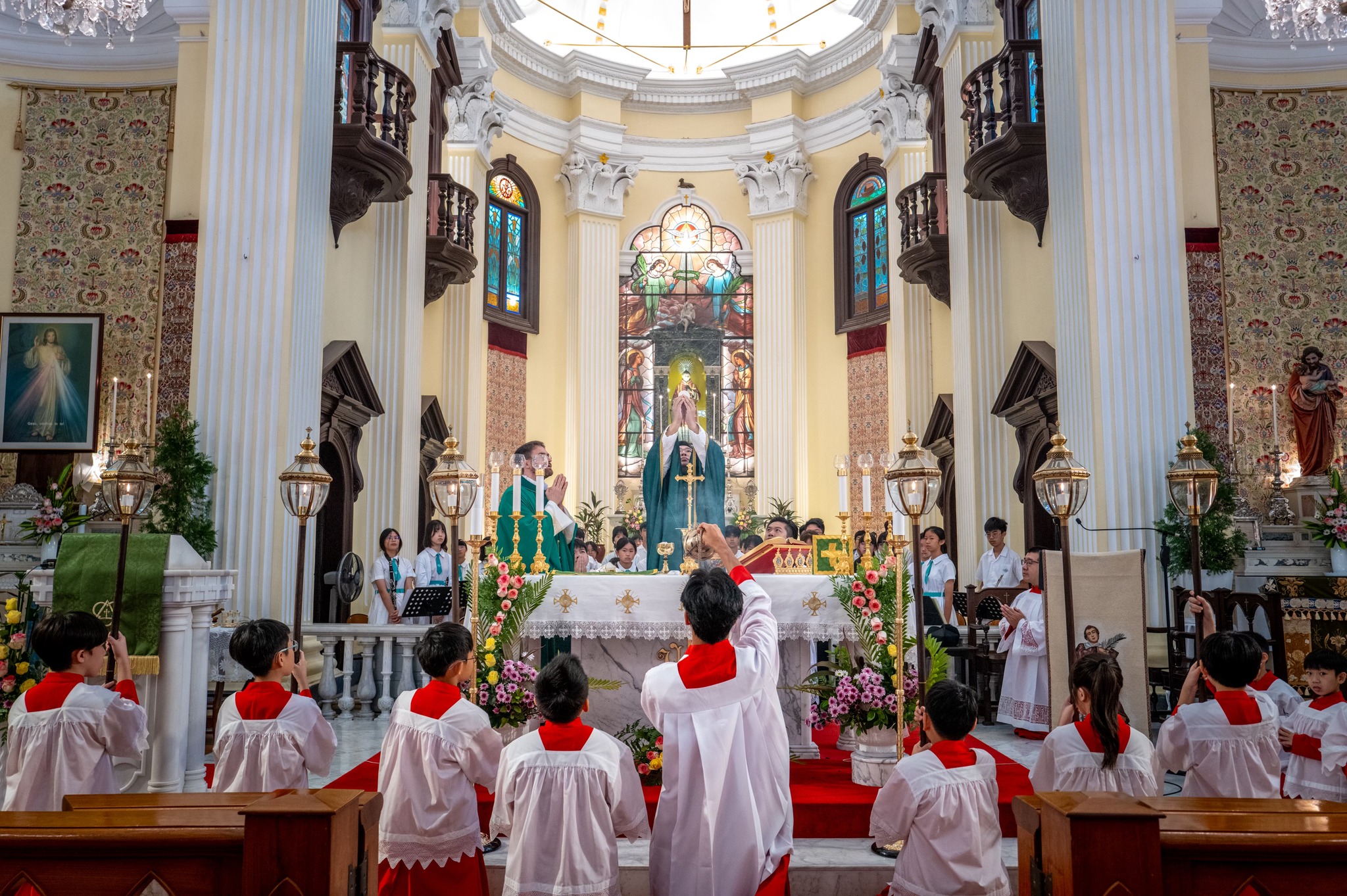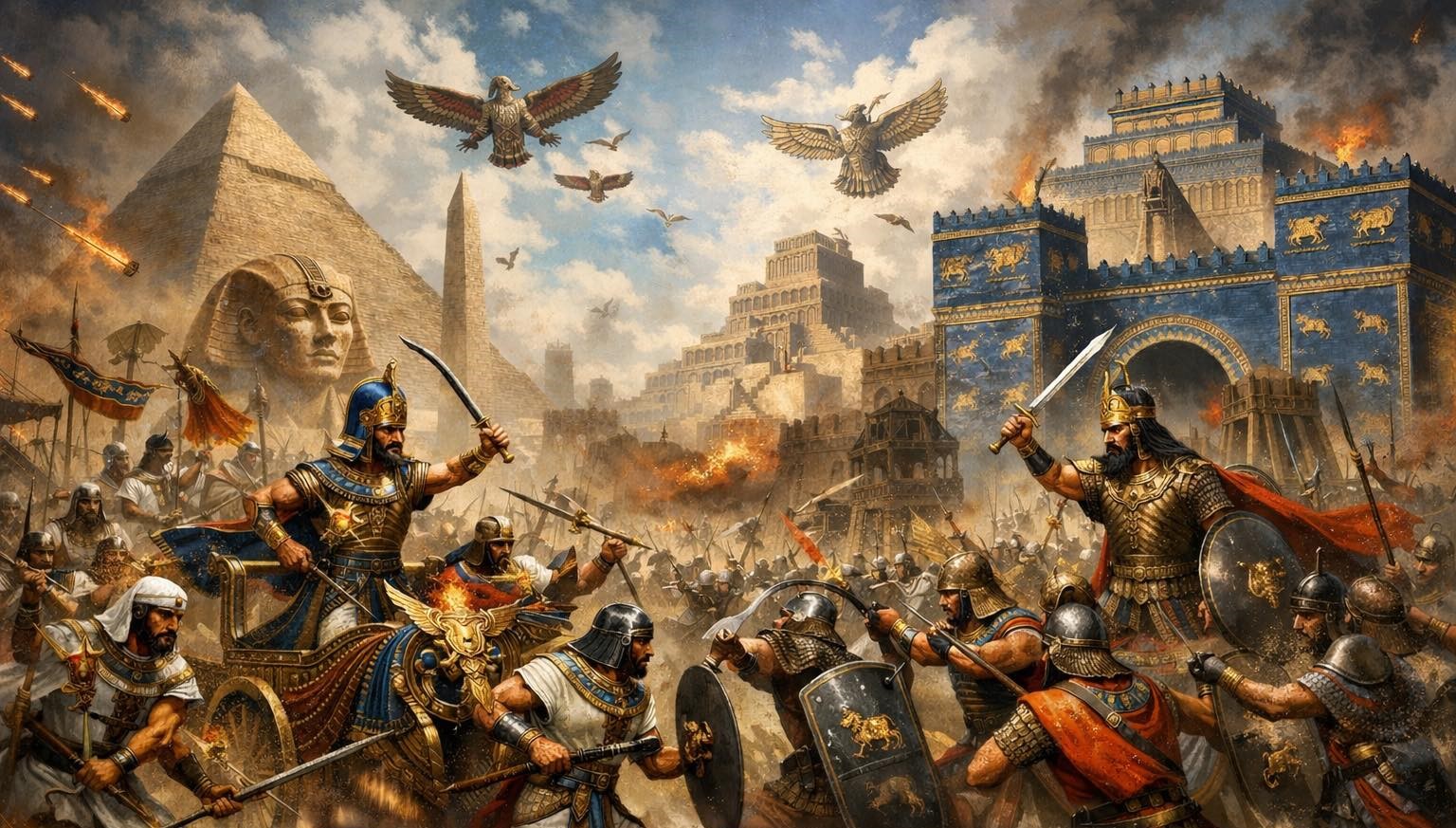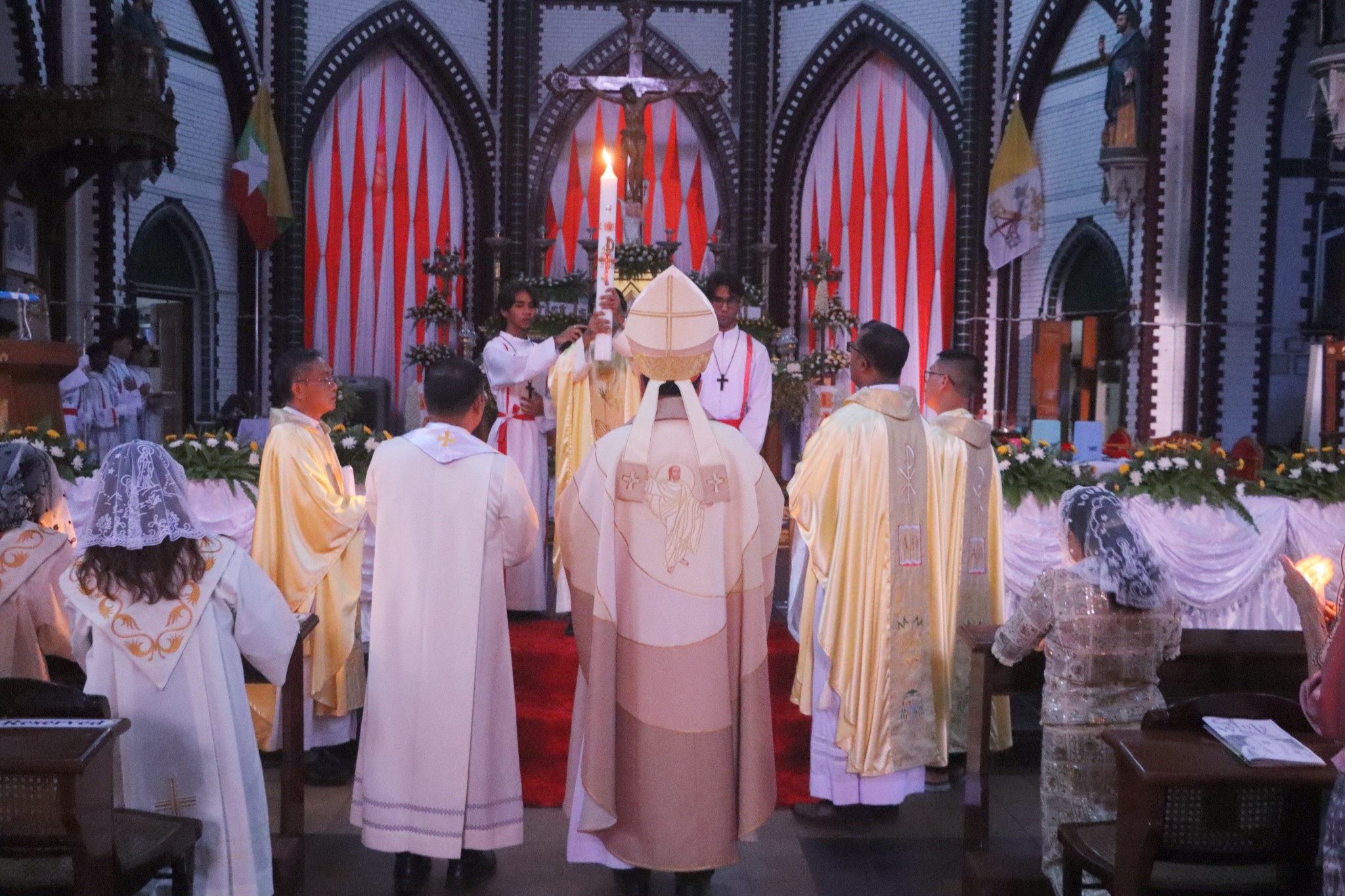Fr. Eduardo Emilio Aguero, SCJ
The sorrowful news of Pope Francis’s passing took me by surprise at the Bangkok airport last Monday as I was traveling to India. Though I knew the Pope had been weak, I believed he had passed the most critical stage and was on the path to recovery.
My astonishment grew as I visited various parishes in the Dioceses of Cochin and Alleppey. At the entrance of each church, I found large photographs of Pope Francis, accompanied by inscriptions in Malayalam—a script indecipherable to me but surely filled with sorrow and affection for the departed Pontiff.
The parish priest of St. George’s Church in Cochin, upon learning that I was Argentine, invited me to a Mass in honor of Pope Francis, followed by a memorial gathering. Parish leaders delivered heartfelt eulogies, and they asked me to share my testimony. I did so with deep emotion, witnessing the love this community had for the Pope and the Church.
Peter’s Call to Obedience and the Miraculous Catch
Pope Francis was always aware of his fragility and humbly asked for our prayers. Likewise, the Evangelist John presents us with a transformed Peter—humbled by the events of Christ’s death and resurrection, now less reliant on his own strength.
It is Peter, with his natural leadership and the role entrusted to him by the Lord, who takes the initiative to go fishing. A man of action, he inspires others through his deeds; thus, six other disciples follow him. The number seven is significant in John’s Gospel, symbolizing completeness, representing the entire community of Christ’s followers.
Just as in Luke 5:5, they labored through the night but caught nothing. Then, a mysterious figure on the shore engages them in conversation, prompting them to acknowledge their failure. He commands them: **”Cast the net over the right side of the boat.”** Even without recognizing Him, Peter obeys.
The result of that obedience is astonishing, the net becomes so full of fish that they cannot haul it in. It is “the disciple whom Jesus loved” who first recognizes the Lord and exclaims to Peter, “It is the Lord!”
Turning back to Pope Francis—his ability to discern the presence of the Risen One and His will stem from his intimacy with Christ and his closeness to the poor, those whom the Lord cherishes—the little ones of whom Jesus speaks (Matthew 25:40). Like Peter, he listened to the beloved disciple and even consulted him discreetly, as at the Last Supper (John 13:24). This spiritual attentiveness led Pope Francis to go against the current, risking misunderstanding and calumny both within and outside the Church. Perhaps this was the greatest reason why he never returned to his homeland, Argentina.
Peter’s Commitment and the Ultimate Witness of Pope Francis
Peter then “clothes himself in his tunic and plunges into the sea”—a weird gesture of irresistible joy upon realizing the Lord is present. At the same time, it signifies reverence and readiness to serve. When Christ instructs them to bring some fish, Peter takes the lead, single-handedly dragging the entire catch ashore—what the seven disciples struggled to lift, he pulls alone!
Despite his suffering, his sorrow over wars, and the rejection of the most vulnerable, including millions of unborn children lost to abortion, Francis was the Pope of joy, the one who gifted us with his first Encyclical: “The Joy of the Gospel”. A physically frail man yet endowed with a determination and strength that could only come from the Holy Spirit.
John tells us the catch contained 153 fish, representing all people, all races, all nations. Thus, we are the Catholic Church, as St. Clement, the fourth Pope, referred to Christ’s Church at the end of the first century.
The centrality of the Eucharist in John’s Gospel is unmistakable. Thus, the Lord invites them: “Come and have breakfast.”
The following dialogue between Jesus and Simon Peter reveals Christ’s love for His sheep. This is why He calls and forms the Twelve to follow Him. His final words are “Follow me.”
Peter’s love for Christ is expressed through pastoral service. “Peter, son of John, do you love me?” Jesus asks this question three times—just as Peter had denied Him three times (John 13:38). But now, Peter surrenders completely in love: **”Lord, you know everything.”** Through bitter tears, Peter had learned that his strength came **not from himself**, but from the One who loved him to the end.
“When you were younger… When you grow old…” John tells us that Jesus foretold how Peter would glorify God through his martyrdom.
I will never forget that frail old man, wheeled forward to give **his final Easter greeting**—his gentle and suffering voice proclaiming “Happy Easter!” His last blessing to the world, offered before returning to the Father’s house, unafraid to reveal his vulnerability—a living testimony of one who remained faithful to the very end.
Francis, shepherd with the scent of his flock, pray for us!


 Follow
Follow


